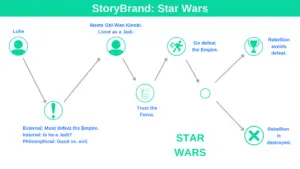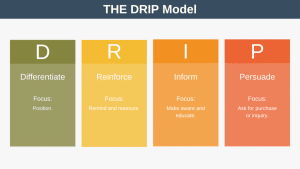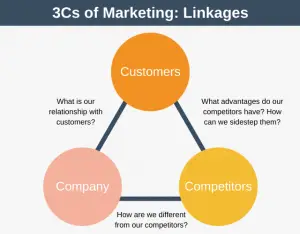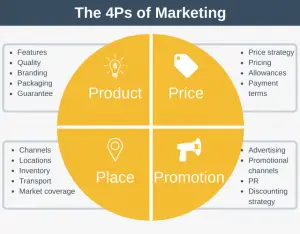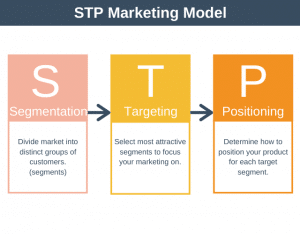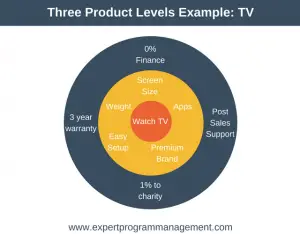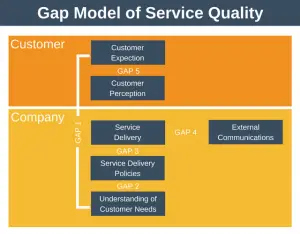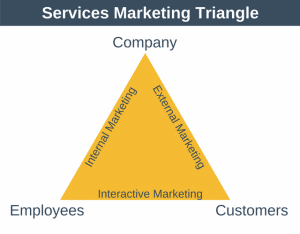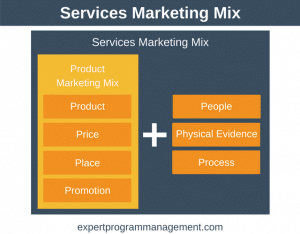In a previous article we gave the value proposition definition as the benefit a customer will receive if they buy your product. In that article we then went on to describe how all specific value propositions derive from just 4 root types of value proposition:
- Our product is unique
- We have the lowest prices
- We make things easier for you
- We take ownership of a problem
In this article we’re going to take a look at some of the leading companies in the world, and attempt to determine their value proposition, either for the whole company or a specific product the company makes. Let’s go through each category of value proposition in turn and identify some companies:
Our product is unique
- Coca-cola: Coca-cola, produced by Coca-cola Enterprises is a unique product with it’s formula famously being a closely guarded secret. This secret formula combined with exclusive use of the coca-cola brand name means that nobody else can ever produce a coca-cola product, merely imitations of it. Thus, Coca-cola is a completely unique product.
- Volvo: when you think of Volvo cars what image springs to mind? Probably one of safety and reliability. It is this focus on safety which makes Volvo cars unique in the marketplace. What you probably didn’t realize is that Volvo is owned by a Chinese company, and it’s probably no accident this fact isn’t known by most consumers.
We have the lowest prices
- Wal-Mart: All Wal-Mart stores and adverts focus on the fact that Wall-Mart tries to save its customers money. Even the way in which the stores are designed reinforces this message to consumers. Wal-Mart is able charge less provided it receives higher customer numbers. Wal-Mart currently serves over 200 million customers per week.
- Dell: Dell’s value proposition is simple. Dell will deliver a low-cost, customized computer direct to your door. Dell can keep its prices down because of it’s just-in-time ordering system which minimizes stock and the need to calculate demand in advance.
We make things easier for you
- McDonalds: McDonald’s value proposition was written by its founder Ken Croc: “McDonalds stands for friendliness, cleanliness, consistency, and convenience”. It’s is this convenience or speed and the fact you always know what you’re going to get which is McDonald’s value proposition.
- FedEx: FedEx has the value proposition that it doesn’t just offer fast delivery; it offers guaranteed delivery by a specific time. This guarantee makes life much easier for its customers.
We take ownership of a problem
- IBM: it’s impossible to pin down the value proposition of a company like IBM, which operates so many divisions, so I’m just going to concentrate on its Global Services division. This division position themselves as trusted experts in technology who will work collaboratively with you. Essentially, your problem becomes their problem, and your success is their success. It’s is probably this trustworthiness which lead to the adage, “no one ever got fired for buying IBM”.
- Accenture: again, the value proposition is very much the same as IBM’s Global Services division, that Accenture will take complete ownership of your problem and solve it so you don’t have to worry.
You will notice one thing in common with all good value propositions – they make a company stand out from the crowd, and thus become and remain successful.
If you’re coming at this from the angle of a project manager responsible for building products or services, then I think it’s very important to understand the value proposition of those products or services. How else can you expect yourself to make the right decisions and trade-offs day-to-day if you don’t understand the key value the product or service brings to your customer.
